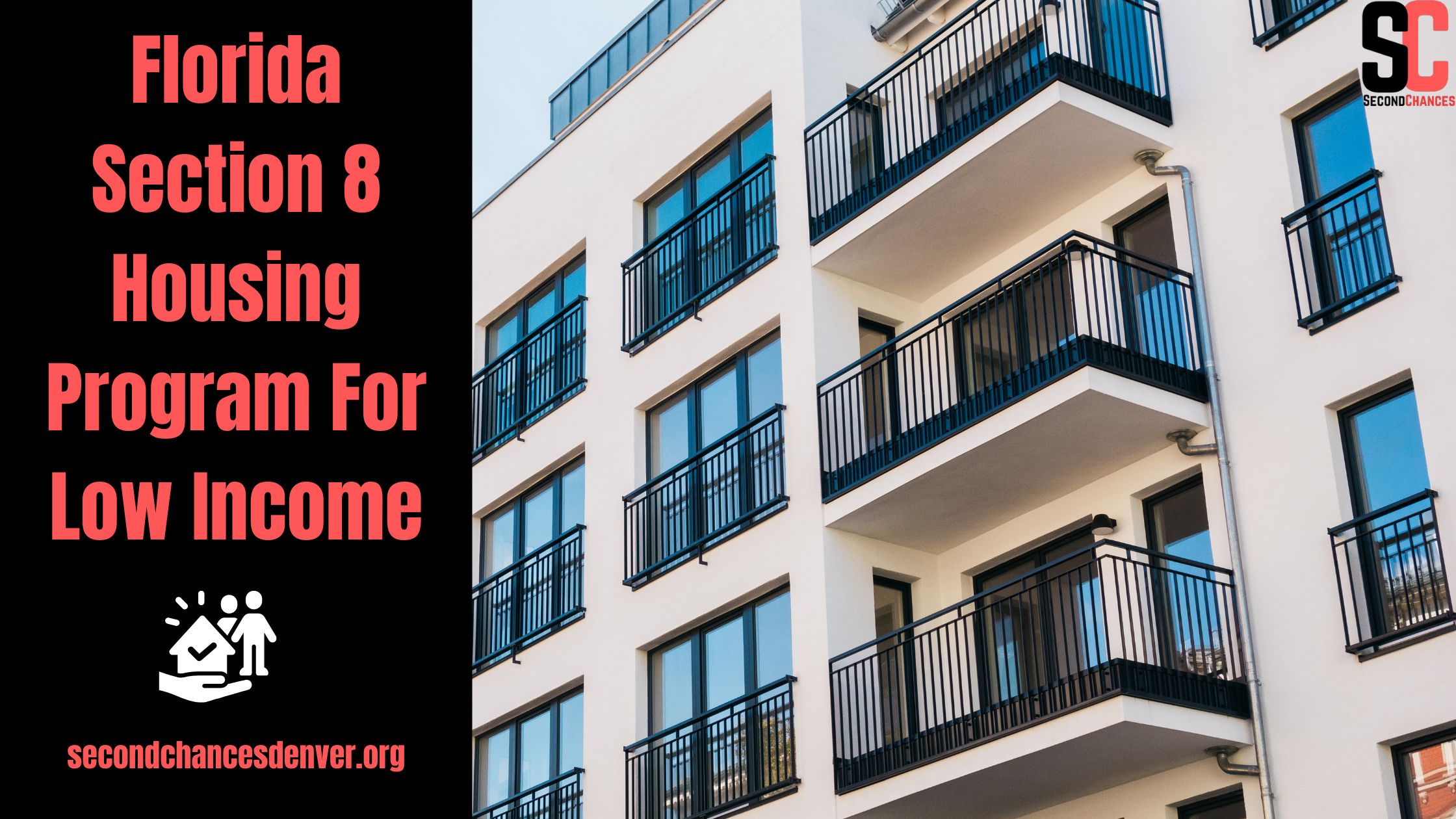If your household is low-income and you need assistance paying your rent, you may qualify for the Florida Section 8 Housing Program For Low Income.
Click here to find the latest Florida Section 8 Housing Program For Low Income

If your household is low-income and you need assistance paying your rent, you may qualify for the Florida Section 8 Housing Program For Low Income.
Click here to find the latest Florida Section 8 Housing Program For Low Income